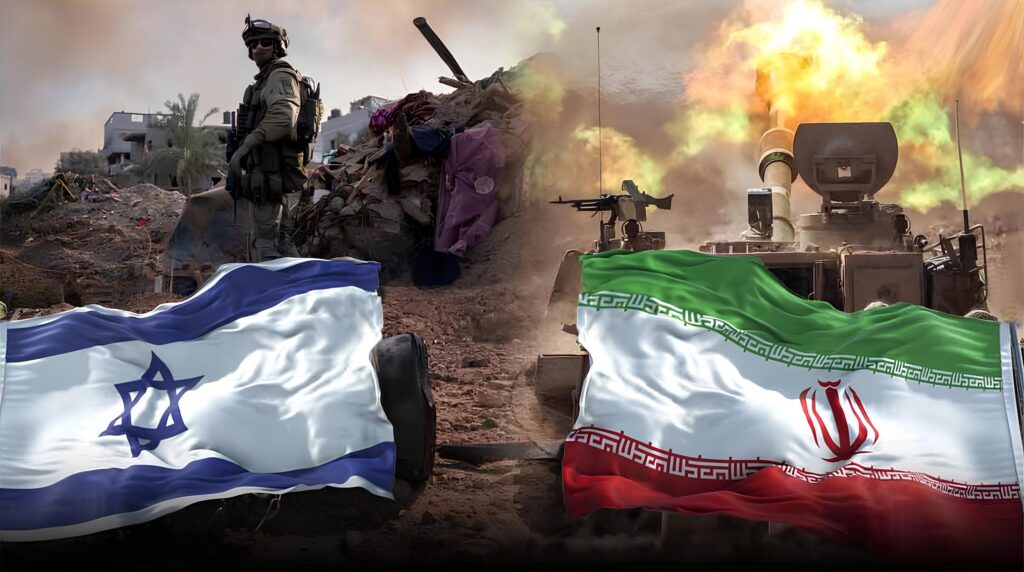The confrontation between Israel and Iran is not merely a geopolitical conflict, but a profound reflection of a religious war and a clash of belief systems. Here’s a breakdown of how religion and faith have fueled and sustained this tension:
1. Religion as a Deep-Rooted Cause
- Israel is a Jewish state where Judaism is not just a religion but a central part of national identity and politics.
- Iran is an Islamic republic governed by Shia Islam, where religion dictates political power and national direction.
=> These belief systems are fundamentally different and nearly irreconcilable.
2. Theological Views and the “Enemy” Concept
- Many Iran-backed Islamist groups view Israel as an evil entity or enemy of Islam.
- Conversely, many Israelis—especially those with strong Jewish identity—see Iran as a potential existential threat, especially given Iranian leaders’ past statements denying the Holocaust or calling for Israel’s destruction.
3. Religious Nationalism and Intolerance
- Iran supports militant groups like Hezbollah and Hamas, claiming to fight for the liberation of Muslims from Israeli occupation.
- Israel, in turn, sees these groups as dangerous both militarily and ideologically.
=> Both sides believe they are fighting for a sacred and righteous mission, making compromise nearly impossible.
4. Symbolism and Ideological Warfare
- For Iran, resisting Israel symbolizes resistance against the West, as Israel is a key ally of the U.S.
- For Israel, survival in a hostile region represents the historic mission and destiny of the Jewish people.
5. Low Chance of Reconciliation
Unlike disputes over land or economy, conflicts driven by religious belief are extremely difficult to resolve. When each side believes they are carrying out a divine will, compromise is seen as betrayal of faith.
Conclusion
This is not just a military confrontation. It is a war between belief systems, between religious identities, and between incompatible worldviews. True peace will only come when both sides learn to accept the legitimacy of each other’s beliefs—a goal that remains distant for now.


ARTICLES IN THE SAME CATEGORY
Early at Year’s End, A Word of Gratitude to Those Who Have Shown Us Kindness
Live contentedly, be satisfied with what you have, and maintain an optimistic outlook on life. These are simple yet wise principles.
People constantly chase after desires, but in the end, when they achieve them and look back, they are left feeling empty.
Greed, Gold, and the Spiral of Instability in Human History
Karma in Vietnamese Classical Thought and Lessons from Cambodia Today
Words and the Fortunes of a Lifetime: Why a Few Right Sentences Are Enough for an Entire Life
ARTICLES IN THE SAME GENRE
Latin America’s New Risk Cycle: Why Venezuela is the “Strategic Anchor”
Why Does War Always Erupt in Human Society?
Thailand-Cambodia Border Dispute 2025: A Comprehensive Analysis of Context, Dynamics, and Regional Geopolitical Impact
Cambodia vs Thailand Conflict: More Than Just a Territorial Dispute